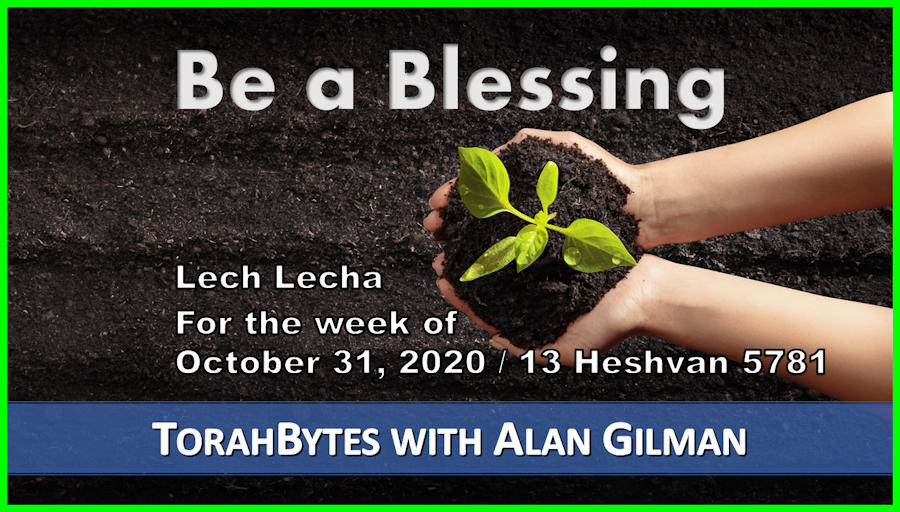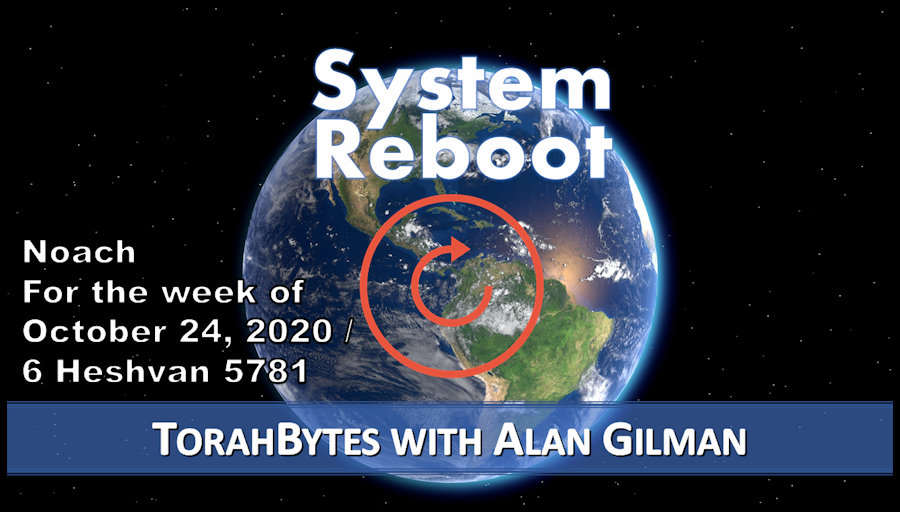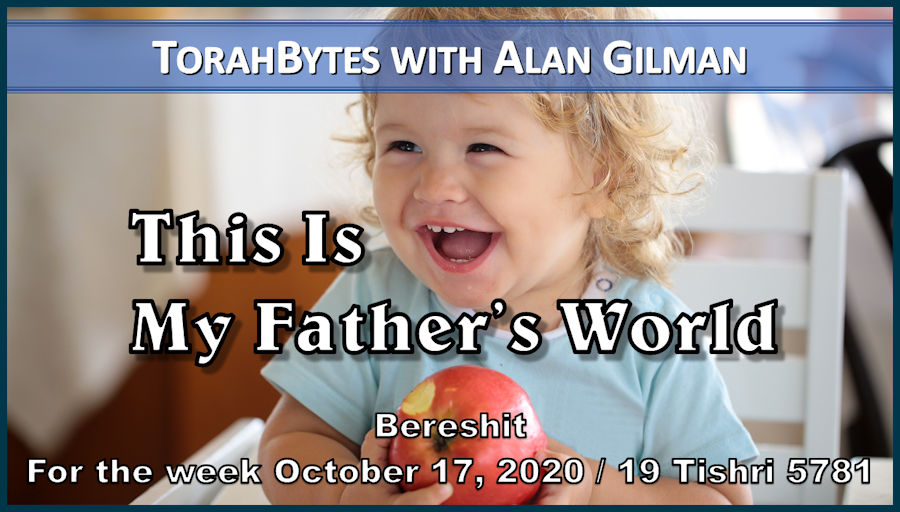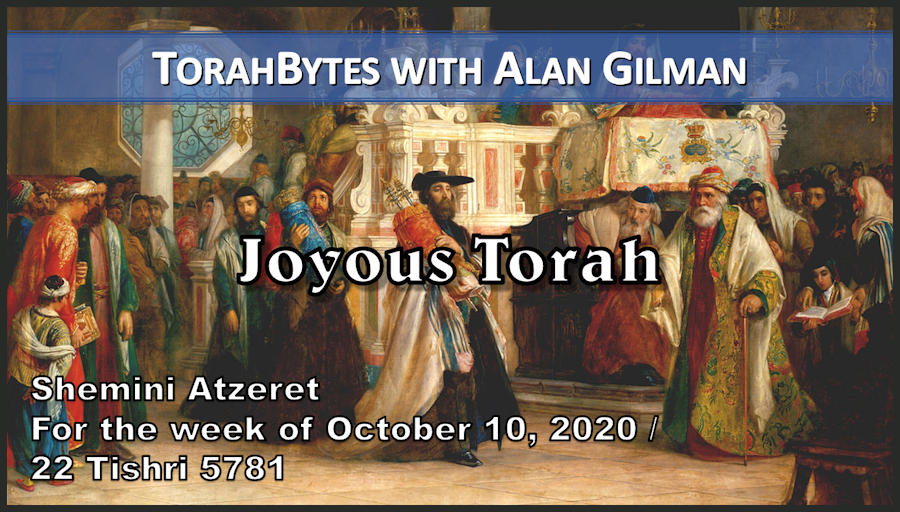For the week of October 31, 2020 / 13 Heshvan 5781
Lech Lecha
Torah: Bereshit/Genesis 12:1-17:27
Haftarah: Isaiah 40:27 – 41:16
Download Audio [Right click link to download]
Now the LORD said to Abram, “Go from your country and your kindred and your father’s house to the land that I will show you. And I will make of you a great nation, and I will bless you and make your name great, so that you will be a blessing. I will bless those who bless you, and him who dishonors you I will curse, and in you all the families of the earth shall be blessed.” (Bereshit/Genesis 12:1-3)
God’s promise to Avram, whose name would later be changed to Avraham, sets the course for the entire Bible. Bereshit, the book of Genesis, informs us that human beings had been assigned the task of representing the Creator’s interests within his creation. Doubting God’s good intentions, they fell prey to temptation’s lure, plunging not only themselves and the whole human family, but the entire creation into corruption. It is not until Avram that we encounter the beginnings of God’s rescue plan for Planet Earth.
God’s rescue of his creation from the effects of Adam and Eve’s rebellion is described in terms of blessing. The Hebrew word for blessing is “barach,” which means, “to fill something with the potential for life.” It’s the opposite of “arar,” cursed, that which removes life or, in other words, brings death. The disobedience of our first parents brought God’s curse upon the creation. The promise to Avram is the beginning of God’s confrontation of the curse, culminating with the restoration of all things through Avram’s greatest descendant, the Messiah.
From the time God spoke these words until the future day of Messiah’s return, Avram’s descendants, natural and spiritual have been a blessing – not all of them all the time, nor, with the exception of the Messiah, no individual in an absolute and complete way. Still, so much of the goodness experienced throughout history has come to our broken world through God’s work in and through his people. For the blessing through God’s instruments are ultimately rooted in God himself and revealed through his Word. Tragically most people are not aware that the Hebrew Bible and the New Covenant Writings are the source of so many of the blessings we take for granted today, including the value of all human beings, the rule of law, personal responsibility, care for the poor and infirm, universal literacy, racial equality, ecology, the importance of family, the undermining of superstition, the importance of both work and rest, and so on.
Equally tragic is how the mishandling of biblical truth has been blamed on the Bible. For example, many fail to understand that despite the prevalence of slavery in so-called Christian societies that, without the teaching of Scripture, the transatlantic slave trade may have never been abolished. It was because God’s blessing as promised to Avram found fruition through some who were both blessed and were a blessing.
God was well aware of the twisty road between his calling Avram and the eventual day of permanent blessing through the Messiah. Through this time, he has looked for those who would be his instruments of blessing. That God will set all things right eventually doesn’t mean we should wait passively for that day. It’s truly heart-warming to know that the burden of the curse will finally be lifted, but until then we are not to stand back and passively wait, but rather we must do everything we can in our day to be a blessing.
It’s not easy to be a blessing. It’s much easier to let things be. But when we let things be, they don’t stay the way they are, they go bad or get worse. This is how the dynamic of the curse works: things left to themselves decay. It’s only through the power of life-giving blessing that we effect positive change.
That means we need to follow Avram’s example. He obeyed God’s call to leave family and the familiar and venture into hostile territory. He didn’t know how that would make a difference. In fact, he didn’t need to know. He just needed to be willing to face the challenges of uncertainty as he trusted God to guide him. What that looks like for you or me will be different, except it always means we need to be open to God’s voice and be willing to do whatever he says.
Scriptures taken from the English Standard Version unless otherwise indicated



